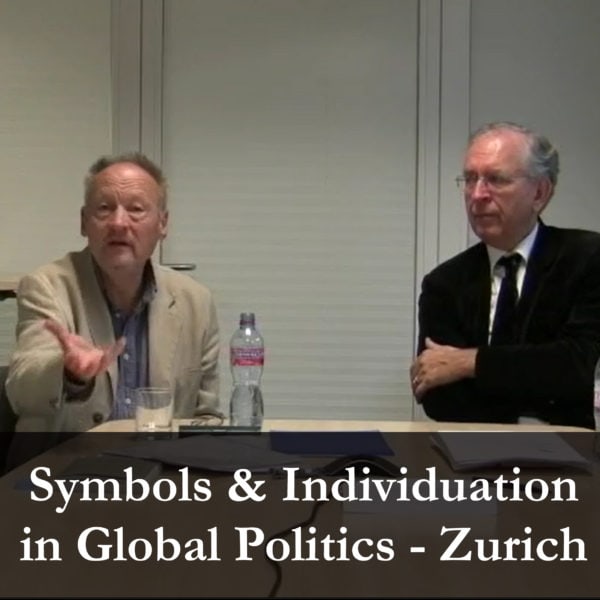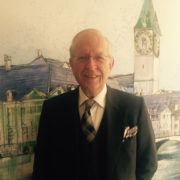his is a 3 hour seminar lead by Murray Stein and Bernard Sartorius, both leading Jungian analysts out of Zurich. They are superb speakers and remarkable at bringing highly complex material down to an understandable level. In this exciting seminar, they review a broad history of how humankind has engaged it’s perception of reality, from ancient Egypt to modernity. They look at how our current political splits between Islam and the West have developed and lead to a stalemate of sorts. Their exploration includes an in-depth analysis of global leadership and how President Obama has successfully (and unsuccessfully) engaged this arena.
C. G. Jung wrote several suggestive papers on politics and world affairs using a symbolic approach to understand contemporary events and political issues at a deeper level. Some of these were collected and published after the Second World War in a volume entitled Essays on Contemporary Events. This volume included the famous paper of 1936, “Wotan,” the 1945 paper “After the Catastrophe,” the 1946 BBC talk “The Fight with the Shadow,” and the extensive “Epilogue to ‘Essays on Contemporary Events’” of 1946. Ten years later he published a paper on the then new phenomena of many sightings of Flying Saucers, which he took to auger the beginnings of a new myth for modern people. Many Jungian analysts following him have written on the psychology of culture and its development through several stages of consciousness from ancient times to present day attitudes, and they have linked this discussion to a psychological interpretation of critical issues on the stage of national and international politics. In recent years, the theme of cultural complexes has been introduced into the literature of Analytical Psychology as a supplement to Jung’s earlier formulations. Following these lines of thought and taking the global phenomenon of “Barack Obama” as a symbolic as well as a political figure as a point of focus, this seminar builds on the work of C.G. Jung, Erich Neumann, M.-L. von Franz, Thomas Singer, Samuel Kimbles, Andrew Samuels and others. The seminar also addresses the practical matter of how Jungian thought and analytical psychology might be useful in current political analysis and the understanding of cultural change and evolution.




